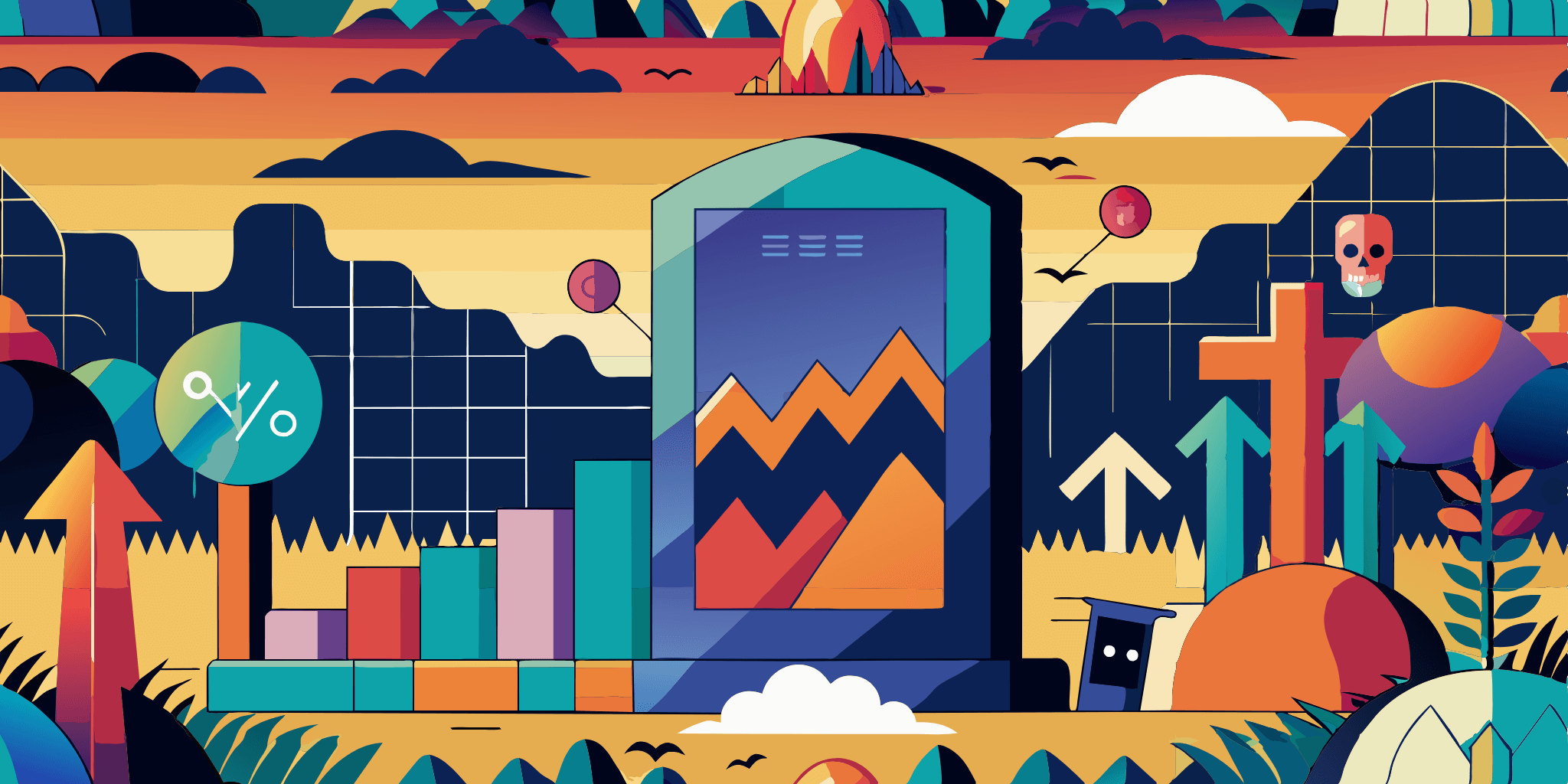I saw a post on LinkedIn earlier joking about the death of SEO. It got me thinking, is it ailing on its deathbed? I wondered if AI had brought the downfall of the promises and graphs that I’ve become accustomed to seeing on sites like LinkedIn. The shameless self-promotion of a competitive and over saturated market of so-called “SEO Marketers”. Everywhere you look, the algorithm serves up boasts of conversions. They’re all successful. How could this be? How could everyone be successful? AI must have surely leveled the playing field, else, how could so many people claim abundant success? Not everyone could be #1.
There are plenty of strategies I should be taking for my clients these days. Often times It seems like a lot of the market has come full circle. Innovations are merely a remembrance of standard marketing techniques and an understanding of human psychology.
All that said, Search Engine Optimization (SEO) has been a hot topic for years, but its landscape has evolved significantly. As we dig into the world of SEO, we’ll explore whether it’s truly dead, the recent changes that have shaped its trajectory, and what lies ahead.
Is SEO Dead?
The short answer: no. It is still very much alive, but it has transformed. People continue to use search engines to find information, research products, and learn new things. However, the way Google organizes and delivers search results has changed. Let’s dive deeper into the data.
The Changing SEO Landscape
1. Content Overload
With approximately 99,000 searches per second on Google, the sheer volume of content available online is staggering. For instance, consider the long-tail phrase “what is digital marketing.” While there are only 14,800 monthly searches for this term, there are over 1,010,000 pieces of content attempting to answer that question. The supply of content often exceeds the demand.
2. Zero-Click Content
Google has become more than just a search engine; it’s now an answer engine. Featured snippets and SERP answer boxes provide users with information directly on the search results page. As a result, users may not need to visit websites to find answers. This trend has led to what experts call “zero-click content,” where users get their answers without clicking through to a website. For example, weather-related queries have seen drastic decreases in click-through rates (CTR) due to Google’s direct answers.
Recent Changes
1. Algorithm Updates
Between 2010 and 2019, Google rolled out 13 major updates related to SEO. In 2021 and 2022, updates like the Page Experience Update, Multitask United Model, and Helpful Content changes shifted how we interact with search results. These updates make it harder to manipulate or game Google, emphasizing quality content and user experience.
2. AI and Machine Learning
Artificial intelligence (AI) has significantly impacted SEO. Google’s algorithms now use machine learning to understand context, intent, and user behavior. AI-driven tools help analyze data, optimize content, and improve rankings. However, this also means that SEO professionals must adapt to stay competitive.
What Comes Next?
The future of SEO involves staying agile and embracing change:
- User Intent Optimization: Understanding user intent and creating content that directly addresses their needs will be crucial.
- Voice Search Optimization: As voice search grows, optimizing for conversational queries becomes essential.
- Mobile-First Indexing: Google prioritizes mobile-friendly sites, so mobile optimization remains vital.
- Structured Data Markup: Leveraging structured data helps search engines understand content better.
- Local SEO: With the rise of local searches, businesses should focus on local SEO strategies.
So, SEO isn’t dead—it’s evolving. As long as people search for information, SEO will remain relevant. Adaptation, quality content, and understanding user intent will be the keys to success in this dynamic field.
As far as advancements, the last decade has been absolutely crazy. The only constant in technology is change, and SEO is no exception. So, let’s keep our eyes on the horizon and continue optimizing for the future!


